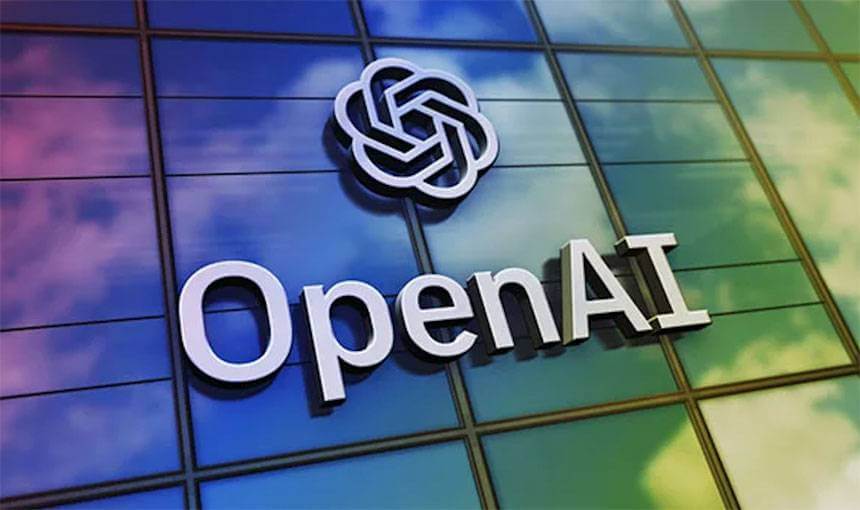OpenAI is reportedly making a massive investment of approximately $100 billion over the next five years in backup servers to bolster its AI infrastructure. This significant expenditure highlights the company's commitment to securing the computing power necessary to train and run its rapidly growing AI models, and to ensure the reliability of its services. This investment is in addition to the $350 billion already projected for server rentals through 2030.
Addressing Compute Constraints
The primary motivation behind this substantial investment is to alleviate persistent shortages of computing resources that have, at times, forced OpenAI to delay product rollouts and throttle certain features. OpenAI's CFO, Sarah Friar, has stated that the company is "massively compute constrained," and CEO Sam Altman admitted that a lack of compute capacity is a major factor preventing the company from shipping products as frequently as desired. By investing in backup servers, OpenAI aims to mitigate these constraints and ensure it can meet the growing demand for its AI products and services.
Strategic Implications
This investment is viewed as a strategic move to scale operations, maintain a competitive edge in the AI market, and secure the company's future. The availability of backup servers reduces the risk of outages, allows for faster scaling, and provides a safety net in case of demand surges or supply chain disruptions. Moreover, OpenAI anticipates that this additional capacity could become a monetizable asset, generating new revenue streams by supporting research, handling extra user traffic, or leasing capacity in the future.
Partnerships and Infrastructure
Microsoft, which holds a substantial equity stake in OpenAI, is likely to benefit from this investment, as its Azure cloud service has been integral to the training and operation of OpenAI's AI models. OpenAI is also working with Oracle to develop 4.5 gigawatts of data center capacity in the U.S. as part of its Stargate project. The Stargate project, with a potential investment of $500 billion over four years, aims to build new AI infrastructure for OpenAI in the United States. The project involves partnerships with SoftBank, Oracle, and NVIDIA, and includes the construction of data centers in Texas.
Hardware and Data Centers
A significant portion of OpenAI's investment is directed towards hardware infrastructure, particularly high-performance computing (HPC) systems. This includes a $30 billion annual data center agreement with Oracle to expand Oracle's "Supercluster" in Abilene, Texas, potentially utilizing up to 400,000 Nvidia GB200 AI chips. These data centers are being designed with advanced cooling systems and optical interconnects to manage AI training workloads. OpenAI also seems to operate a large data center in Texas that consumes 300 MW and houses hundreds of thousands of AI GPUs, with plans to expand it to a gigawatt scale by mid-2026. Furthermore, OpenAI has expressed interest in building a data center in South Korea, signaling a global expansion of its infrastructure.
Impact and Considerations
OpenAI's massive investment in AI infrastructure signifies a new era for the AI industry, where success depends not only on algorithms but also on the ability to scale infrastructure rapidly. This investment is expected to have a ripple effect, benefiting cloud service providers and chipmakers, and driving innovation in semiconductors, cloud computing, and renewable energy. However, it also raises concerns about the environmental impact of increased energy consumption and the potential risks of overcapacity if revenue growth slows.
Despite these challenges, OpenAI's commitment to fortifying its AI infrastructure with backup servers underscores its determination to remain at the forefront of the AI revolution and deliver reliable, scalable AI solutions.















